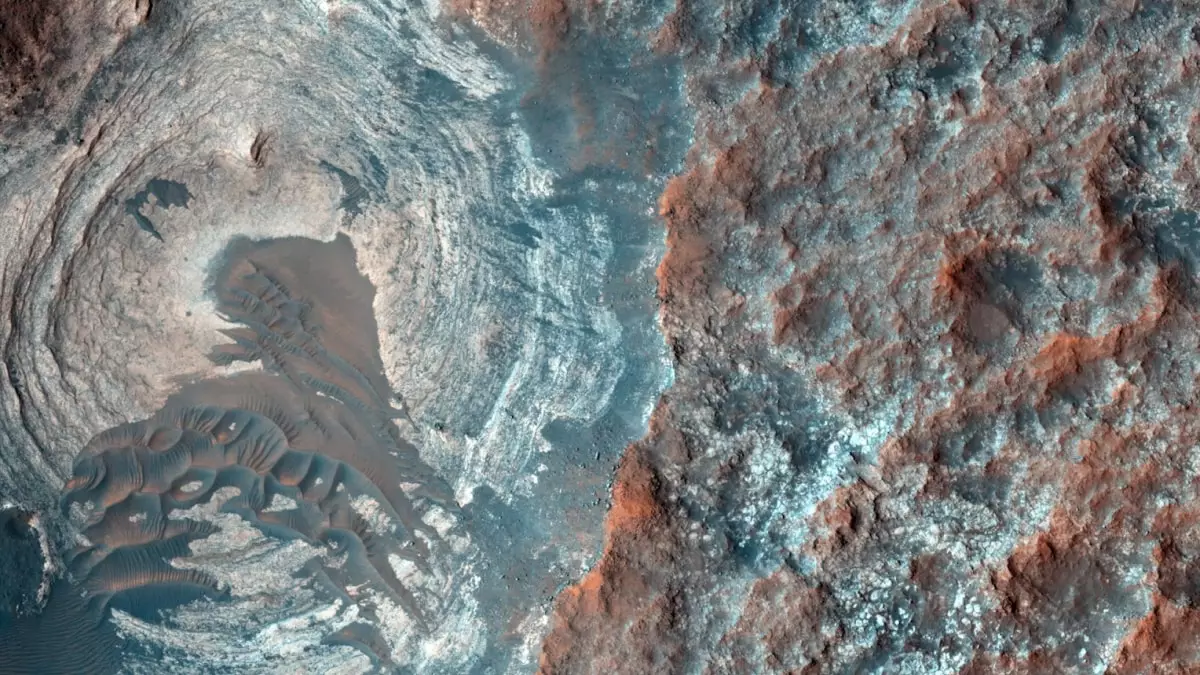In a groundbreaking development, astronomers are utilizing artificial intelligence (AI) to gain profound insights into the universe’s fundamental parameters. This innovative approach is spearheaded by researchers at the Flatiron Institute’s Center for Computational Astrophysics (CCA) in New York City. By harnessing the power of AI, these astronomers are pushing the boundaries of our understanding of the universe’s structure and evolution.
The five cosmological parameters that define the universe’s ‘settings’ play a critical role in shaping how the cosmos operates on a grand scale. According to Liam Parker, an astronomer at CCA, these parameters act as the universe’s operating instructions. By employing AI to analyze data from over 100,000 galaxies observed as part of the Sloan Digital Sky Survey (SDSS), the research team has achieved unparalleled accuracy in determining these crucial parameters.
Cost-Effective Insights through AI
Traditionally, conducting surveys like the SDSS entails exorbitant costs, running into billions of dollars. However, with the integration of AI into the analysis process, the research team has discovered a more cost-effective approach to extracting valuable knowledge from complex data. Shirley Ho, another co-author of the study, emphasizes the transformative impact of AI in enhancing the efficiency and accuracy of cosmological analyses.
By training the AI model on 2,000 simulated universes with varying cosmological settings, the research team prepared the system to tackle real-world challenges such as atmospheric distortion and imperfect telescope imaging. The AI was then applied to actual data from the SDSS Baryon Oscillation Spectroscopic Survey, resulting in a significant reduction in the uncertainty of measuring the universe’s ‘clumpiness’. This leap in data efficiency is akin to multiplying the volume of data traditionally analyzed by four-fold.
One of the pressing mysteries in cosmology, the Hubble tension, pertains to discrepancies in estimates of the Hubble constant, signifying the universe’s expansion rate. AI-powered precision may hold the key to resolving this tension and advancing our comprehension of the cosmos. As new surveys like the European Euclid survey emerge, the AI techniques developed by the CCA team will prove invaluable in extracting maximum insights from these vast datasets.
The utilization of AI in cosmology marks a transformative shift in how we explore and interpret the universe. The ability to analyze vast amounts of cosmic data efficiently signifies a significant leap forward in our quest to decipher the universe’s fundamental parameters. With AI as a guiding force, astronomers are poised to unlock a treasure trove of knowledge about the cosmos, illuminating the mysteries that have captivated humanity for centuries.

Leave a Reply